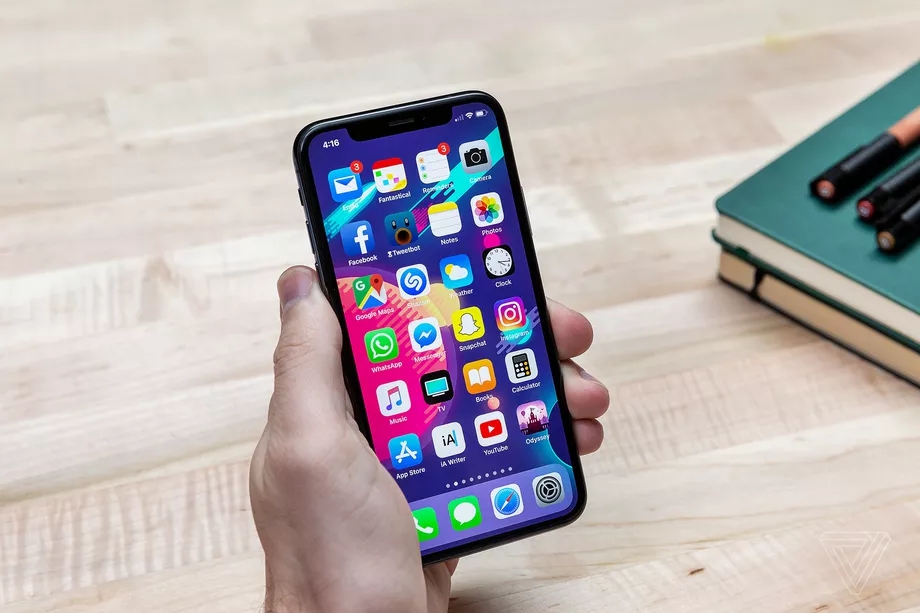 2019
2019
 2018-09-21
2018-09-21

Apple’s latest mobile operating system, iOS 12, was released to the public, and that means it’s a great time to get well acquainted with some of its more useful new features. One of those is Password Autofill, a password manager tool that lets you store login credentials for the dozens of apps and services you likely access more on mobile today than ever before.
Even better: Apple will let you import password data from third-party providers so you don’t have to solely use its existing iCloud Keychain feature or give up using a trusted extension. Starting today with iOS 12’s release, multiple services have released mobile updates that allow you to set them as Password Autofill’s designated provider. Among the more popular services to support the feature are 1Password, Dashlane, and LastPass, all of which now support the autofill feature by authenticating your identity using Face ID, Touch ID, or a separate pin code.
The way to enable this is to head over to Settings, scroll down to Passwords & Accounts, and tap on Autofill Passwords. From there, you can enable a third-party app like LastPass and disable iCloud Keychain if you like. Once you’ve done that, open any app that doesn’t keep you perpetually logged in, like a banking app for example, and you should see a “Password” option next to a black key icon when you tap the credentials field. (Some mobile apps, like Bank of America’s and PayPal’s, will independently verify your identity using FaceID, obviating the need for Password Autofill in some cases.) Tapping it should fill in the necessary info from your password vault.
This isn’t a huge deal for most social apps that keep you logged in. But Password Autofill is great for those random moments when you need to perform a task on mobile — like looking up a credit card transaction or checking into a flight — that might involve downloading a new app or digging out an old one you haven’t opened in a while. And for those who are more security-conscious, it now makes it easier than ever to log out of mobile apps when you’re not using them in the event you’d like certain accounts locked behind FaceID or your mobile pin.
Source: the verge